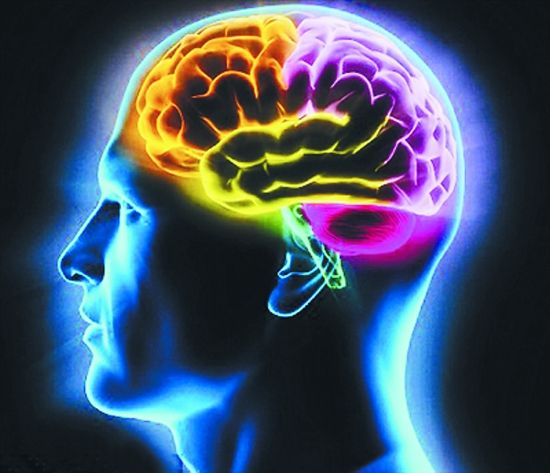And we believe that these responses in higher-order areas are induced or become similar across listeners
我们认为,听众这些相似的大脑高层次区块反应,
because of the meaning conveyed by the speaker, and not by words or sound.
是由讲者的语意所触发,并非文字或声音本身。
And if we are right, there's a strong prediction over here
倘若推论正确,那么我们相当有把握,
if I tell you the exact same ideas using two very different sets of words,
若以两种截然不同的语言讲述同样的想法,
your brain responses will still be similar.
大脑的反应仍然会近似。
And to test it, we did the following experiment in my lab.
为了测试,我们在实验室里做了以下实验。
We took the English story and translated it to Russian.
我们把这个英语故事翻译成俄语。

Now you have two different sounds and linguistic systems that convey the exact same meaning.
现在有了两组不同的声音和语言系统,传达完全相同的意思。
And you play the English story to the English listeners and the Russian story to the Russian listeners,
让英语听众听英语故事,俄语听众听俄语的,
and we can compare their responses across the groups.
比较两组人的反应。
And when we did that, we didn't see responses that are similar in auditory cortices in language,
当这样做的时候,我们并没有在语言的听觉皮层看到相似的反应,
because the language and sound are very different.
因为语言和声音迥异。
However, you can see that the responses in high-order areas were still similar across these two groups.
但是,两组的高阶区域的反应仍然相似。
We believe this is because they understood the story in a very similar way,
我们认为,这是因为他们都以相当类似的方式来明了故事内容。
as we confirmed, using a test after the story ended.
故事结束后的测验证实了这一推论。












